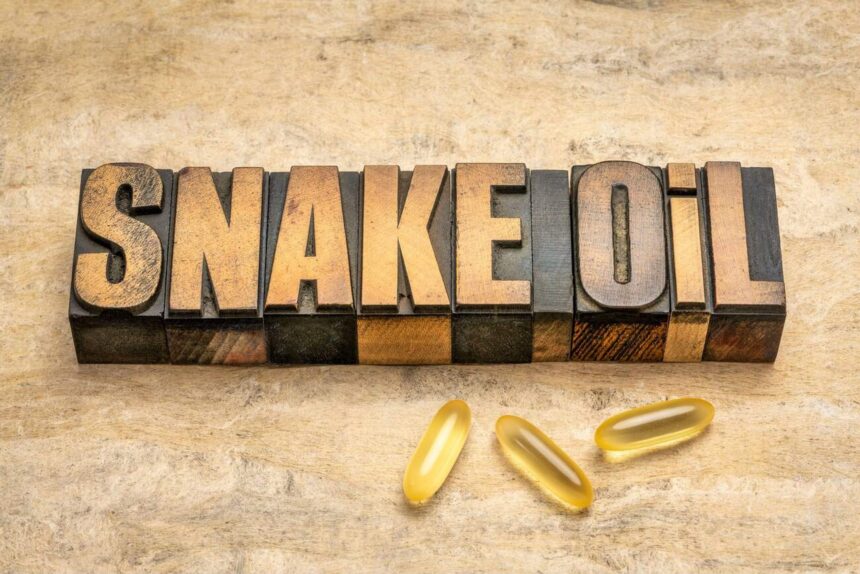In recent years, concerns about the safety and effectiveness of sunscreens have been on the rise, with the Environmental Working Group (EWG) being a prominent voice in this conversation. The EWG, a non-profit organization dedicated to protecting human health and the environment, has released reports questioning the efficacy of many sunscreens on the market. Their latest claim that 92 sunscreens are ineffective or akin to “snake oil” has sparked debate and raised important questions about the products we use to protect our skin from the sun’s harmful rays.
Understanding the EWG’s Evaluation Process
The EWG’s sunscreen guide evaluates sunscreens based on several criteria, including UV protection, ingredient safety, and overall product efficacy. The organization has been critical of many popular sunscreen brands, pointing out ingredients that they deem potentially harmful to human health or the environment. While some of their concerns are valid, others have been met with skepticism by experts in the field.
The 92 Sunscreens Deemed Ineffective
According to the EWG, 92 sunscreens failed to meet their standards for safety and efficacy, leading them to label these products as ineffective or equivalent to “snake oil.” These sunscreens were criticized for a variety of reasons, including low SPF levels, inadequate protection against UVA and UVB rays, and the presence of potentially harmful chemicals such as oxybenzone and octinoxate.
The Debate Surrounding Sunscreen Safety
The safety of sunscreen ingredients has been a topic of much debate in recent years. While some studies have raised concerns about the potential risks associated with certain chemicals found in sunscreens, the majority of dermatologists and health experts maintain that using sunscreen is essential for protecting against skin cancer and premature aging.
Choosing the Right Sunscreen
With so many conflicting opinions on sunscreen safety and efficacy, it can be challenging for consumers to make informed choices. When selecting a sunscreen, it is essential to look for products that offer broad-spectrum protection against UVA and UVB rays, have an SPF of 30 or higher, and are water-resistant. Additionally, opting for mineral-based sunscreens containing ingredients like zinc oxide or titanium dioxide can provide a safer alternative to chemical sunscreens.
The Importance of Sun Protection
Despite the controversies surrounding sunscreen safety, the importance of sun protection cannot be overstated. Skin cancer rates continue to rise, making it crucial for individuals to take proactive measures to protect their skin from the sun’s harmful effects. In addition to using sunscreen, wearing protective clothing, seeking shade during peak sun hours, and avoiding tanning beds are all essential practices for maintaining healthy skin.
Conclusion
While the concerns raised by the Environmental Working Group regarding sunscreen safety are valid and warrant further investigation, it is essential for consumers to approach these claims with a critical eye. By staying informed, reading product labels, and consulting with dermatologists, individuals can make educated decisions about the sunscreen products they use. Ultimately, the key to effective sun protection lies in finding a sunscreen that offers both safety and efficacy, allowing individuals to enjoy the outdoors while safeguarding their skin from harm.






